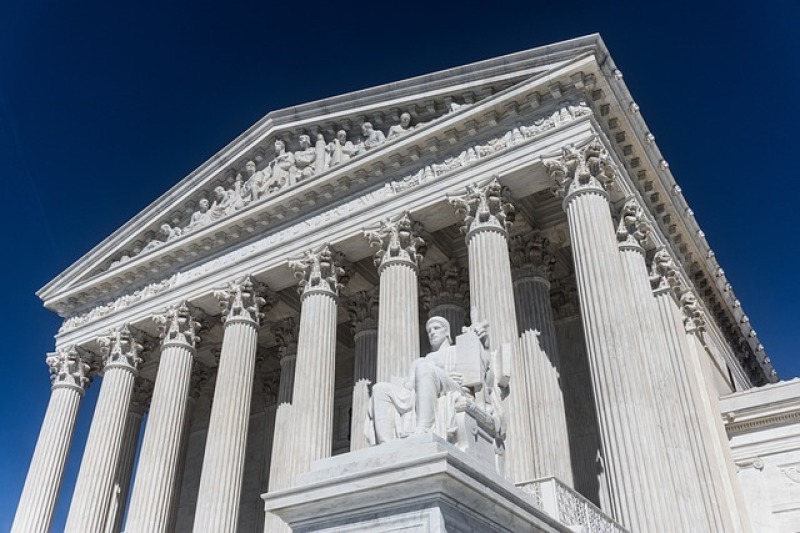
The Archdiocese of Denver, several Catholic preschools, and a Colorado family have petitioned the U.S. Supreme Court to determine whether Colorado’s Universal Preschool Program (UPK) unlawfully excluded them for declining to sign an LGBT nondiscrimination statement.
In St. Mary Catholic Parish v. Roy — a federal lawsuit initiated in 2023 — St. Mary Catholic Parish in Littleton and St. Bernadette Catholic Parish in Lakewood contend that Colorado barred them from participating in the Universal Preschool Program Act because of their religious convictions.
The Universal Preschool Act, enacted in 2022, allows eligible families to send their children to pre-K at no cost through approved providers across the state.
According to the complaint, state officials rejected the parishes’ applications due to their admissions preference for Catholic families and their requirement that staff abide by Catholic teaching, including expectations related to sexuality.
The plaintiffs argue that Colorado violated their First Amendment rights, asserting that the “free exercise” and “free speech” clauses were breached when the state refused to admit the archdiocese’s 36 preschools to the UPK program based on their religious views regarding LGBT families and employees.
The lawsuit emphasizes that “Specifically, the Department is purporting to require all preschool providers to accept any applicant without regard to a student or family's religion, sexual orientation, or gender identity, and to prohibit schools from ‘discriminat[ing] against any person’ on the same bases.”
At the core of the dispute is a nondiscrimination policy requiring UPK providers to “provide eligible children an equal opportunity to enroll and receive preschool education regardless of race, ethnicity, religious affiliation, sexual orientation, gender identity, lack of housing, income level, or disability, as such characteristics and circumstances apply to the child or the child’s family.”
In September, a three-judge panel of the 10th U.S. Circuit Court of Appeals unanimously backed the state’s position, concluding that the UPK nondiscrimination rules “exist in harmony with the First Amendment and do not violate the Parish Preschools’ First Amendment rights.”
The appeal to the Supreme Court argues that “This Court promised in [its 2015 ruling legalizing same-sex marriage nationwide] that religious groups would be protected when they dissent from secular orthodoxies about marriage and sexuality.”
Supporting the state, the American Civil Liberties Union of Colorado joined other groups in an amicus brief, maintaining that “there is no Free Exercise Clause violation when a governmental body conditions a public benefit on a religion-neutral and generally applicable requirement.” The organization summarized its stance by saying, “The plaintiff religious schools are merely being asked to follow the same antidiscrimination rules that apply to every other school in the Program — rules that are grounded in secular, not religious, concerns.”
Attorneys for the plaintiffs counter that Colorado’s actions amount to penalizing religious convictions. The Becket Fund for Religious Liberty, which represents the preschools, reiterated in a Friday statement that enrollment in Catholic preschools has dropped since the launch of the UPK system.
According to Becket, the U.S. Supreme Court is expected to determine early next year whether it will take up the case.



















